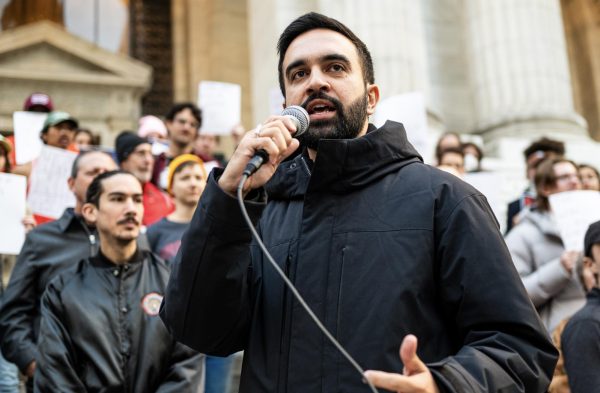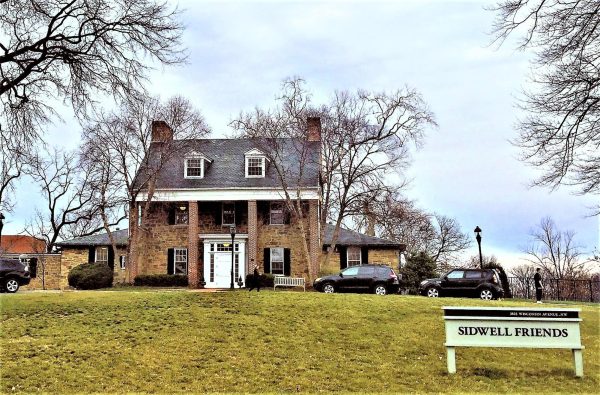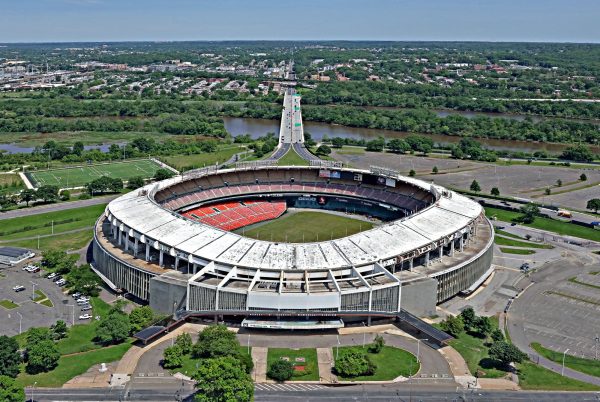Sidwell-Affiliated Social Media Accounts Require Regulation
The rise of social media has limited schools’ ability to monitor their student bodies and control their public images. Questions have arisen regarding educational institutions’ responsibilities to hold students accountable for their social media activity. The Supreme Court was called on to settle such an issue in 2021 when a student was suspended from her cheer team for an offensive Snapchat post. The Mahanoy Area School District argued that the post contained profanity directed at the school and breached school regulations. The defendant, Brandi Levy, insisted that her post was guarded by freedom of speech and hence was protected from punishment. The Supreme Court aligned with her argument, voting 8-to-1 in Levy’s favor. In spite of this ruling, Sidwell’s school policy still allows it to punish students for their social media posts, given its status as a private institution. Last year, the administration even discussed banning unofficial accounts affiliated with the school. While Sidwell Friends has the legal right to do so, the ethics of such actions remain in question. Ultimately, Sidwell should be able to reprimand students for posting offensive content as well as require approval for accounts bearing the school’s name.
Sidwell’s administration should be allowed to punish students for offensive posts, as they directly impact the Sidwell community. One of the main arguments used in the original Supreme Court case was that students’ posts are created and shared outside of school and, thus, do not concern the institution. However, social media is unique in that its contents can be viewed by the entire world. Even if the account is private, posts are easily spread and released to the public. Furthermore, by the time a post is reported for administrative review, it has likely already circulated throughout the community. Consequently, any offensive posts or accounts subject to punishment from the administration affect a significant portion of the student body. Therefore, it is both acceptable and necessary for Sidwell to administer punishments for offensive posts.
However, social media accounts should also be accepted as an exertion of free speech, so long as they are not detrimental to the school’s image and do not contain explicit content or use the school’s name without permission. School social media accounts act as virtual spaces for students to interact as followers of a school interest. Accounts for school sports teams and clubs thus pose little threat to the image of the student body. Regarding clubs, an integral part of Sidwell student life, requiring authorization of social media accounts would be a harmless and effective measure, given their close affiliations with the school. In environments where students congregate and cultivate shared interests, it is necessary to maintain a sense of professionalism, which could be ensured by basic regulations. Additionally, clubs often interact with external parties, such as organizations associated with Sidwell. This raises concerns that unofficial social media accounts may inadvertently or intentionally spread misinformation, causing confusion among the student body. While humor and freedom of speech are essential forms of expression for students, administrators must also be able to regulate activities pertaining to the school.
Students’ greatest concern regarding school regulation of social media accounts is that their freedom of expression will be stifled outside of school. This is a legitimate concern and administrators should, therefore, focus specifically on posts that are offensive or targeted at individuals in the community. Ultimately, Sidwell’s administration has license to determine which social media posts or accounts are acceptable. Sidwell’s student body, however, is entitled to their freedom of expression within the community, provided that it is not harmful.













































